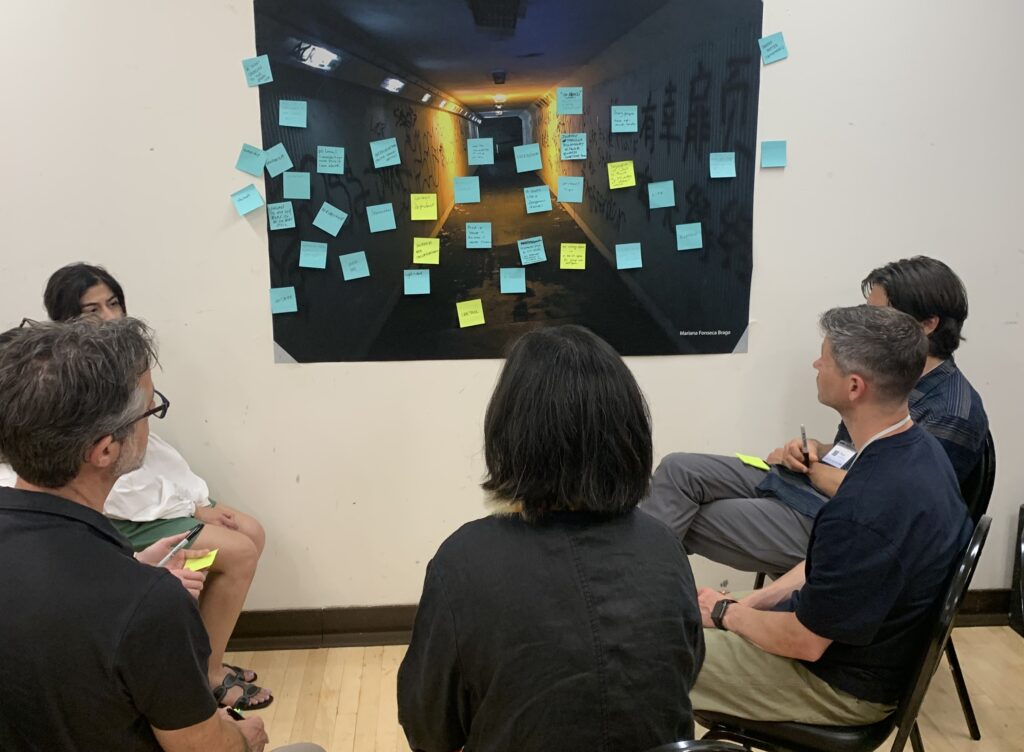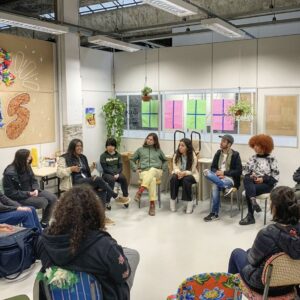Culture circles is a participatory educational method developed by Paulo Freire to foster literacy and critical consciousness through dialogue. It emphasizes horizontal, dialogical learning, where participants and facilitators engage as equals in analyzing their lived experiences and co-creating knowledge. The term “circle” underscores this horizontal structure, symbolizing equality among participants and rejecting the top-down dynamics of conventional education.

A key aspect of the culture circles method is its redefinition of culture as something created and shaped by all people, regardless of their literacy or educational background. In this method, participants are encouraged to see themselves not only as consumers of culture but as producers of it, capable of critically analyzing and transforming their realities. Freire believed that even those marginalized by systems of education and literacy possessed valuable cultural knowledge and experiences.

Freire introduced the culture circles during his literacy campaigns in 1960s Brazil, aiming to empower marginalized communities. Unlike traditional methods that treated learners as passive recipients of knowledge, culture circles encouraged active dialogue rooted in participants’ realities. Freire saw education as a means of liberation, and the circle provided a democratic space for participants to critically examine their social conditions and envision collective transformation.
Generative themes are central to the culture circles’ approach. These themes, drawn from the daily lives of participants, are introduced using visual or verbal representations to spark dialogue. Through the process of decoding, participants analyze these themes against broader societal structures. This dialogical exploration not only enhances literacy but also cultivates critical consciousness, making learning a transformative experience.
Culture circles can be applied to design education, participatory design, ethnographic design, and any other project where culture, horizontality, dialogue, and critical consciousness would be relevant.
References
Fonseca Braga, M., M. C. van Amstel, F., and Perez, D. (2024) Social Design at the Brink: Hopes and Fears., in Gray, C., Hekkert, P ., Forlano, L., Ciuccarelli, P . (eds.), DRS2024: Boston, 23–28 June, Boston, USA. https://doi.org/10.21606/drs.2024.1538

